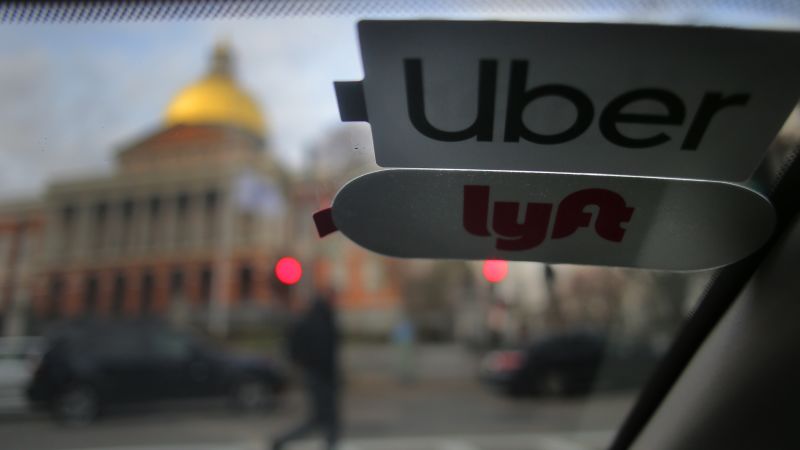Uber and Lyft are facing trial in a US lawsuit by the Massachusetts attorney general, Andrea Joy Campbell, who claims that the ride-share companies misclassified their drivers as independent contractors instead of employees. The trial taking place in Boston is part of broader legal and political battles in the state and nationwide over the status of drivers for app-based companies in the gig worker economy. Campbell is seeking a ruling that would classify drivers for Uber and Lyft as employees under state law, entitling them to benefits such as minimum wage, overtime, and earned sick time.
The attorney general’s office alleges that Uber and Lyft have misclassified thousands of Massachusetts drivers and cannot meet the state’s worker-friendly three-part test to be deemed independent contractors. Studies have shown that using contractors can save companies up to 30% compared to hiring employees. Uber and Lyft argue that they properly classified the drivers, claiming to be technology companies facilitating connections between drivers and riders, not transportation companies that employ drivers. They warn that if the court rules against them, it could disrupt their flexible business model in the state and may force them to cut or cease operations in Massachusetts.
During a pre-trial hearing, a lawyer for Lyft stated that the company’s business model does not support drivers as employees and is not set up to work that way. The trial comes after Massachusetts’ highest court heard arguments about an industry-backed ballot measure that would define drivers as contractors but provide them with some new benefits, along with a labor-backed measure that seeks to allow drivers to unionize. The lawsuit was initially filed by Maura Healey, the former attorney general and current governor, who warned that Uber and Lyft could face significant penalties if the state prevails and proves that they improperly classified their drivers.
According to a report by the state auditor, by not classifying their Massachusetts drivers as employees, Uber and Lyft avoided paying $266.4 million into workers’ compensation, unemployment insurance, and paid family medical leave over a 10-year period. The outcome of the trial and the legal battles surrounding the classification of drivers for app-based companies could have significant implications for the gig worker economy and the broader labor market in Massachusetts and beyond. The trial will determine whether Uber and Lyft must reclassify their drivers as employees, potentially increasing costs for the companies and providing drivers with important benefits and protections under state labor laws.


